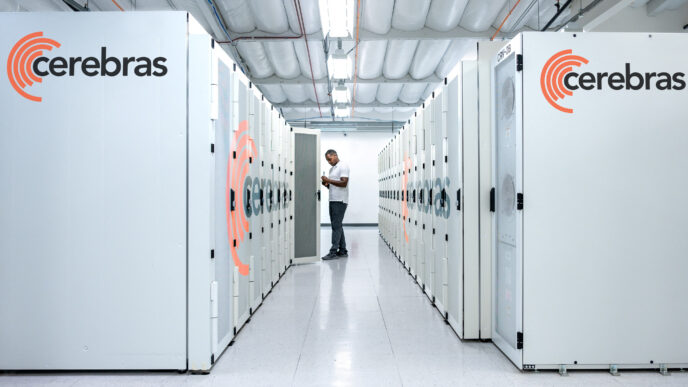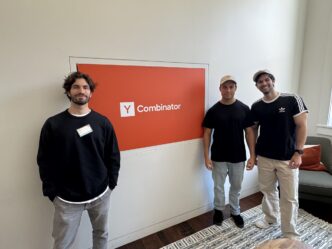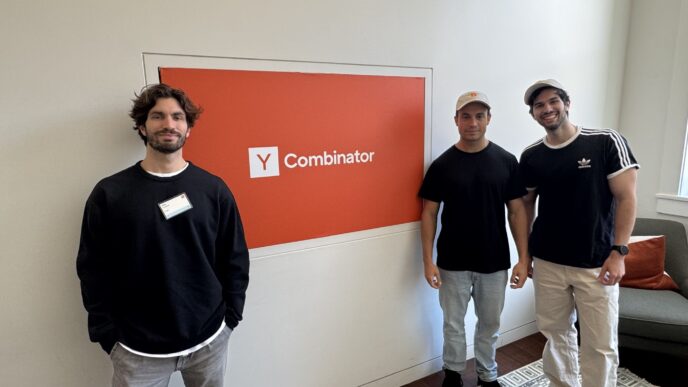California-based startup Subtle Computing is reimagining how machines hear us. Its proprietary voice isolation models are designed to capture clear speech in chaotic environments, from bustling coffee shops to crowded offices, a major step forward for voice-based AI products and assistants that struggle with background noise.
Voice AI is booming across industries. Apps like Granola, Fireflies, Fathom, and Read AI have attracted massive user bases and investor interest, while OpenAI, Notion, and ClickUp have embedded transcription tools into their platforms. Hardware makers such as Plaud and Sandbar are pushing the boundaries with wearable and handheld devices that record, transcribe, and analyze voice input. Yet one persistent problem remains, how to make these tools reliably understand human speech in real-world, noisy conditions.
Subtle Computing believes it has the answer. Its end-to-end voice isolation model can pick up speech with remarkable clarity without depending on the cloud for cleanup. Co-founder and CEO Tyler Chen explained that many current systems send raw audio to cloud servers for processing, which is both slow and inefficient. Subtle’s approach instead trains custom models to match the acoustics of specific devices and adapt to individual users’ voices.
Chen said that this personalization produces far better results than generic models. By preserving each device’s unique acoustic characteristics, Subtle Computing’s models deliver “an order of magnitude better performance,” enabling highly accurate and private voice experiences.
The startup was founded by Chen, David Harrison, Savannah Cofer, and Jackie Yang, who met at Stanford University during Steve Blank’s Lean Launchpad course. While Chen, Cofer, and Yang were pursuing PhDs, Harrison was completing his MBA. Together, they envisioned a future where humans interact naturally with computers, by talking to them. Chen believes that as AI becomes more integrated into daily life, the challenge is ensuring our devices truly understand us wherever we are, whether in a busy café or an open-plan office.
Subtle Computing’s model is impressively lightweight, just a few megabytes in size and operating with only 100 milliseconds of latency. It can run purely for voice isolation or expand to include real-time transcription, converting spoken words into accurate text. The improved clarity boosts the accuracy of downstream AI tools like transcription engines and virtual assistants.
The company’s progress has already caught the attention of industry giants. Qualcomm selected Subtle Computing to join its Voice and Music Extension Program, ensuring the startup’s technology is compatible with Qualcomm chips, potentially reaching millions of consumer devices through OEM partnerships.
Subtle Computing also announced a $6 million seed round led by Entrada Ventures, with participation from Amplify Partners, Abstract Ventures, and prominent angels such as Biz Stone (Twitter), Evan Sharp (Pinterest), and Johnny Ho (Perplexity AI). Entrada’s managing partner Karen Roter Davis, a former X (Alphabet) director, described Subtle’s approach as a “game changer” in a crowded but underperforming voice AI market.
She said that while voice interfaces are gaining traction, most still deliver inconsistent user experiences. Advances in machine learning and compute power, however, create opportunities for breakthroughs. Subtle Computing’s focus on making voice interfaces reliable in both extreme noise and silence sets it apart, she added.
Beyond partnerships with unnamed consumer hardware and automotive brands, Subtle Computing aims to evolve beyond a technology provider. The startup hinted at launching a consumer product in 2026 that combines hardware and software, an ambitious move signaling its intent to shape the future of human-device communication.
As Chen puts it, the company’s mission is simple yet profound: to make computers understand you, clearly, naturally, and anywhere.













